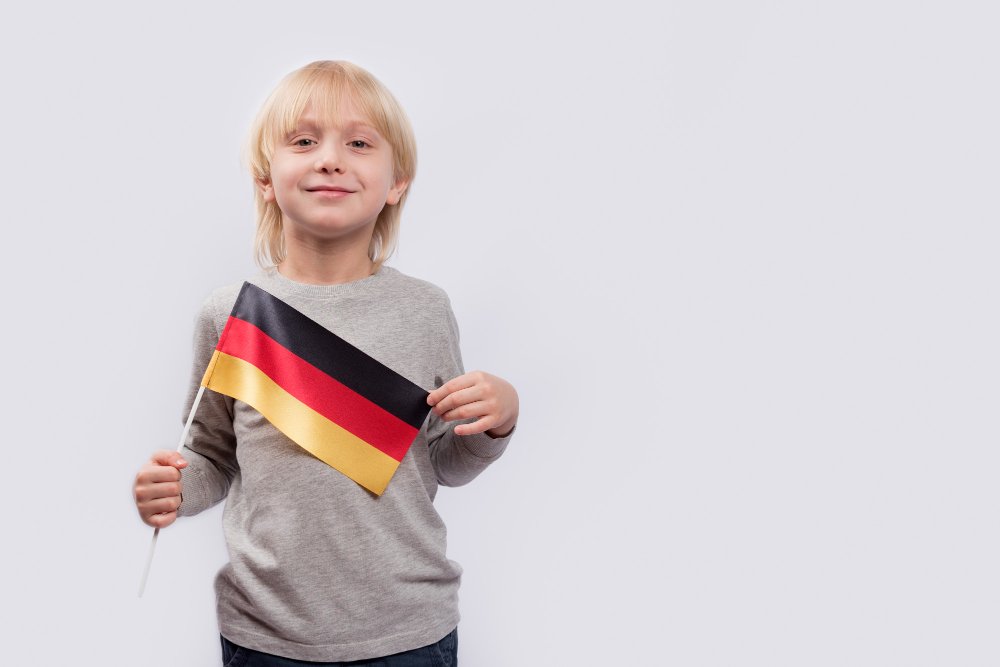Moreover, 3,200 of these visas were issued to partners or spouses, while 1,500 were granted to parents of children under 18 who already held refugee status in the country.
Syrians Seriously Affected by Changes for Family Reunification Visas
Due to the migration influx that occurred in 2015, three years later, Germany introduced tighter measures for family reunification.
Subsidiary protection is typically offered to those coming to Germany since the security situation in their home country is not stable, meaning individuals granted subsidiary protection are often coming from countries that are in a war or conflict.
These people can be granted temporary residence permits but frequently are not allowed to bring their family members to the country. Syrians in Germany were most affected by this law.
In 2018, the German government permitted those with subsidiary protection to bring their closest family members into the country. Still, the number of people allowed to come to Germany and thus obtain family reunification visas was capped at 1,000.
Looking to bring family members to Germany on a family reunification visa can be a complicated process, which includes proof of the length of time the family has been apart, how many minors are in the family, whether the family members face any dangers in the place where they currently reside, and also whether any of them have any serious illness or need care, as Info Migrants reports.
This Is What German Parties’ Programs Hold for Migrants
Ahead of elections in Germany, several changes that impact migrants are on the horizon, especially depending on which party wins.
CDU’s election programme intends to end family reunification for those with subsidiary protection, in addition to outsourcing asylum procedures to non-EU countries and potentially deporting Syrian and Afghan refugees.
SFD, on the other hand, is in favour of migration, which is expected to help Germany’s labour shortages across many sectors. Greens also promote migration, supporting welcoming policies towards skilled migrants and asylum seekers.
But, neither of these parties’ programmes is as radical as AfD’s, which is known as an anti-immigrant and anti-Islam platform. This party intends to leave the United Nations Migration and Refugee Pact and wants to allow asylum seekers to be stopped at the border from entering Germany, as Reuters reports.








